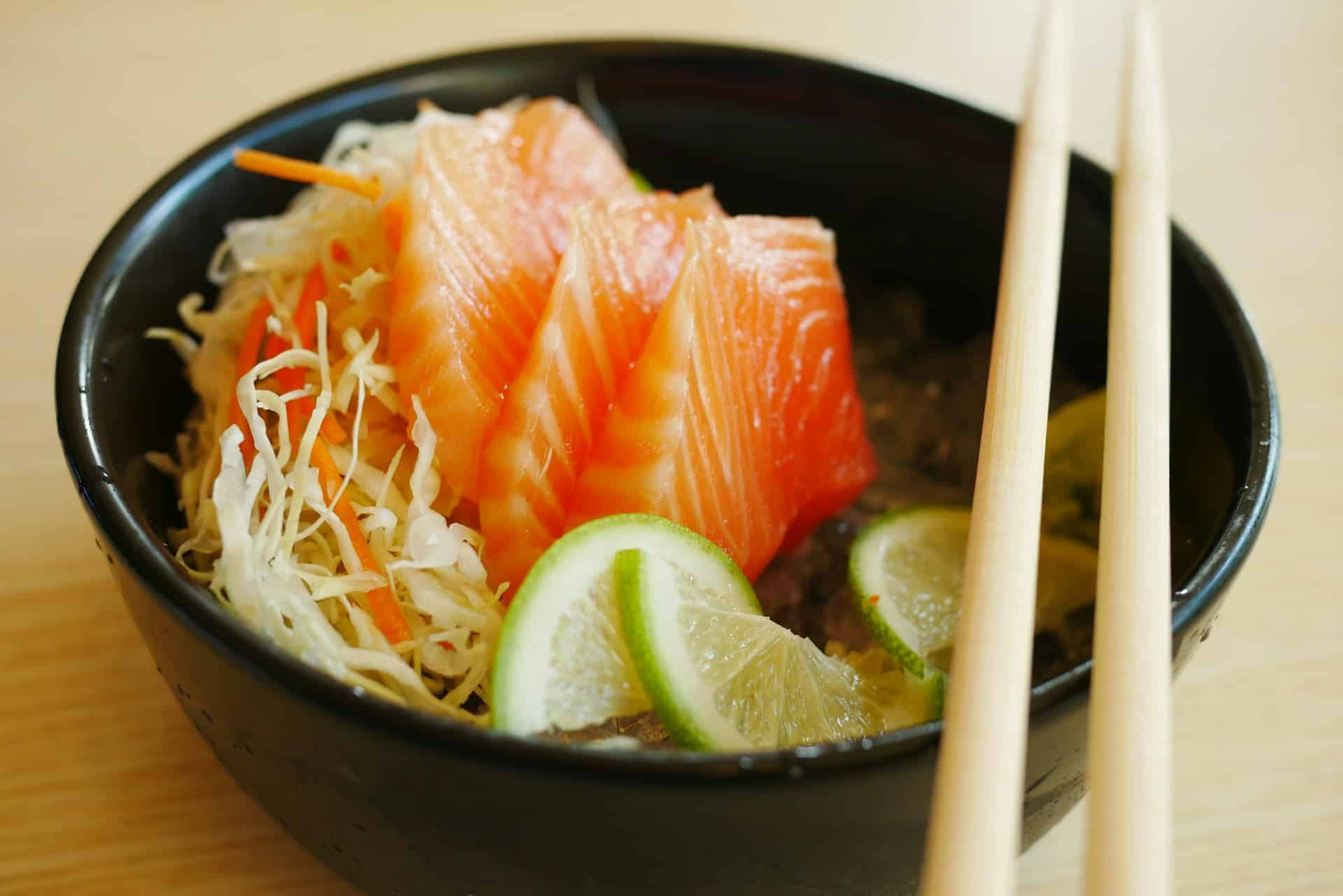The health and wellness industry, with a special focus on nutrition, has been significantly impacted by the advent of technology-driven solutions. The recent upsurge in personalized dietary recommendations is one such manifestation. In the age of Artificial Intelligence (AI), nutrition apps have emerged as a powerful tool in the hands of users striving to maintain or improve their health. By leveraging data and technology, these apps provide personalized diet plans to cater to the unique dietary needs and preferences of individual users, thus creating a tailor-made path to better health.
In this article, we will dive deep into the world of AI-driven nutrition apps and explore how they can be utilized to provide personalized dietary recommendations for users with specific health conditions.
A lire également : What’s the Progress in Developing Ultrasonic Fingerprint Sensors for Improved Smartphone Security?
The Rise of AI-Driven Nutrition Apps
The surge in AI-driven nutrition apps stems from the growing need for a more personalized approach to nutrition and the realization that one-size-fits-all dietary advice is ineffective.
These apps harness the power of AI and Machine Learning (ML) algorithms to analyze user data, including health conditions, dietary preferences, weight goals, and more. This information is then used to create a personalized meal plan that is both optimal for the user’s health and fits within their lifestyle.
Lire également : What’s New in Adaptive Traffic Control Systems to Ease Congestion in UK Cities?
The trend towards personalized nutrition is driven by an understanding of the complex interplay between diet, lifestyle, and health. For instance, individuals suffering from diabetes would find a diet high in carbohydrates detrimental, while those with kidney issues might need to keep their protein intake in check.
Personalizing Diets Based on User Data
One of the foundational aspects of AI-driven nutrition apps is their ability to collect and analyze a wide variety of user data. This includes information about the user’s current health status, their health goals, personal food preferences, allergies, intolerances, and lifestyle habits.
Wearable technology, such as fitness trackers and smartwatches, can also feed data into these apps, providing comprehensive insights into the user’s physical activity levels. By integrating this data with advanced AI algorithms, these apps can generate personalized nutrition recommendations that are unique to the individual user.
For instance, a user who is lactose intolerant and trying to lose weight would receive different meal recommendations from an app compared to another user who is looking to gain weight and has no food allergies. This level of personalization is what sets AI-driven nutrition apps apart from the general dietary advice found online or in books.
AI-Driven Dietary Recommendations for Specific Health Conditions
As these nutrition apps become more advanced, they are also being equipped to handle dietary recommendations for specific health conditions. Users with conditions such as diabetes, hypertension, heart disease, or gastrointestinal issues can benefit from personalized diet plans tailored to their needs.
AI-driven nutrition apps use advanced algorithms and vast databases of nutritional information to create meal plans that not only meet the user’s caloric and macronutrient needs but also take into account their specific health condition.
For example, a user with diabetes would receive meal suggestions that are low in sugar and high in fiber, while a user with hypertension might receive recommendations for foods low in sodium and high in potassium. This targeted approach to dietary planning is not only more effective but also reduces the risk of exacerbating the existing health condition.
The User Experience: A Deep Dive
AI-driven nutrition apps aim to provide a seamless, user-friendly experience for their users. Upon signing up, users are usually asked to fill out a detailed questionnaire that captures their dietary preferences, health goals, lifestyle habits, and any existing medical conditions.
Their food intake can then be tracked by inputting meals manually or by scanning barcodes of packaged food items. The app analyzes this data and provides feedback and recommendations on how to improve their diet.
Users can also set health goals like weight loss, muscle gain, or improved blood sugar control, and the app will adjust their recommended food intake accordingly. Additionally, these apps often include features like meal planning and grocery shopping lists, making the process of adhering to the recommended diet much easier.
The Future of Nutrition and Health Technology
The arena of health technology, particularly nutrition apps, is a rapidly evolving one. As AI and ML technologies continue to advance, we can expect nutrition apps to provide even more precise and tailored dietary recommendations.
In future, we may see nutrition apps that can integrate with electronic health records, enabling them to access a user’s complete medical history and provide even more personalized dietary advice. These apps could also potentially collaborate with healthcare providers, allowing for a more integrated approach to managing diet-related health conditions.
While AI-driven nutrition apps are certainly revolutionary, they are not without their limitations. Privacy and data security are key concerns, as these apps handle sensitive health information. Additionally, while these apps can provide personalized dietary recommendations, they can never fully replace the expertise of a dietitian or a healthcare provider.
Despite these challenges, the potential of AI-driven nutrition apps in revolutionizing personalized nutrition is undeniable. By providing users with tailored dietary advice, these apps are empowering individuals to take control of their health in a way that was never before possible.
The Role of Machine Learning in Personalized Nutrition
Machine Learning, a subset of AI, plays a key role in enabling personalized nutrition. It’s the technology that enables nutrition apps to learn from the data they collect and make intelligent recommendations.
The algorithm of an AI-driven nutrition app continually learns and improves with each piece of data it receives, thereby enhancing the quality of its dietary recommendations over time. Machine learning allows the app to discern patterns and relationships in the collected data, which humans may not easily recognize.
For example, if a user often experiences fatigue after consuming meals high in carbohydrates, the app can detect this pattern and recommend a meal plan with lower carbohydrate content. Similarly, if a user is trying to lose weight but is not seeing results despite adhering to a low-calorie diet, the app can offer insights into other dietary factors that might be hindering their weight loss, such as the timing of meals or the macronutrient distribution.
Machine learning also enables the app to adapt its recommendations in real time. If a user updates their physical activity levels or health status, the app can immediately adjust the meal plans to match the new data. This adaptability is crucial as it allows the app to provide ongoing support that aligns with the user’s current health needs and lifestyle.
The Impact of AI-Driven Nutrition Apps on Behavioral Change
Another significant benefit of AI-driven nutrition apps is their potential to foster behavioral change. By providing personalized and actionable nutrition advice, these apps can help users to make healthier eating choices consistently.
Many of these apps employ gamification techniques to encourage users to stick to their personalized meal plans. Rewards, badges, or points are given for meeting certain dietary goals, which can motivate users to continue making healthier food choices.
Moreover, the apps provide immediate feedback on the user’s food choices, reinforcing positive behavior. If a user logs a meal that aligns with their dietary recommendations, they receive positive reinforcement from the app. Conversely, if they consume a meal that deviates from their meal plan, the app provides feedback on how they can improve.
Over time, this can lead to sustained behavior change, supporting users in establishing healthier eating habits that can significantly improve their health and wellbeing.
Conclusion
The advent of AI and machine learning technology in the field of nutrition is revolutionizing the way we approach diet and health. AI-driven nutrition apps have the potential to offer highly personalized dietary recommendations that take into account a user’s specific health conditions, lifestyle, and food preferences.
By enabling real-time adjustments to meal plans based on new data, these apps provide ongoing, responsive support to users. The use of gamification and immediate feedback can also foster positive behavior change, aiding in the establishment of healthier eating habits.
While concerns around data privacy and the potential for these apps to replace health professionals are valid, the benefits these apps offer in terms of individualized dietary support are considerable. As technology continues to evolve, we can expect even more advancements in personalized nutrition, enabling each individual to have a diet that is truly tailored to their needs and health goals.






